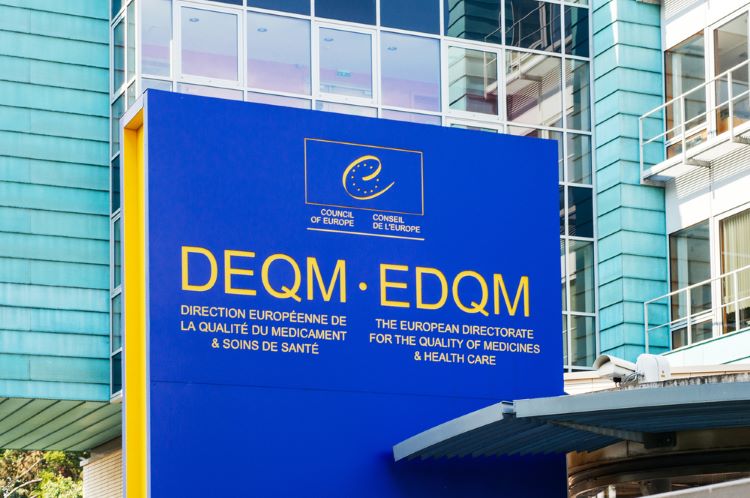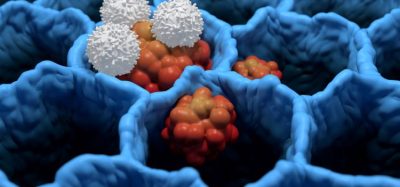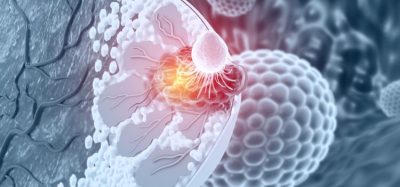New working party to address excipients in Ph. Eur. monographs
Posted: 3 March 2023 | Catherine Eckford (European Pharmaceutical Review) | No comments yet
The European Pharmacopoeia Commission’s new Excipients Strategy Working Party will address specificities of excipients in European Pharmacopoeia monographs.


Credit: Hadrian / Shutterstock.com
A new Excipients Strategy (EXS) Working Party has been created by the European Pharmacopoeia Commission (EPC). The group will continue to address the specificities of excipients in European Pharmacopoeia (Ph. Eur.) monographs and reflect on how best to further develop the Ph. Eur. strategy.
During its 173rd session in June 2022, the EPC decided to refine the strategy for excipient monographs in the Ph. Eur. It determined that a new working party should consider the specificities of and need for excipients, taking into account quality, functionality and interaction aspects. In the meeting, creation of the new working party was approved.
The EXS Working Party is made up of experts experienced in both developing and carrying out pharmaceutical analytical procedures for the quality control (QC) of pharmaceutical excipients.
Importance of the European Pharmacopoeia Commission’s new working party
According to the European Directorate for the Quality of Medicines (EDQM), the Ph. Eur. general monograph on Substances for pharmaceutical use (2034) covers both active substances and excipients. Yet several parts of this general monograph, as well as the Technical Guide for the Elaboration of Monographs, apply only to active substances. In addition, aspects such as functionality and interactions are recognised as being specific to excipients. Therefore, EDQM stated that the EPC wants to assess whether the current approach to these substances is optimal.
Tasks allocated to the Excipients Strategy Working Party
The first task for the EXS Working Party will be to take stock of the current situation, reflect on potential areas for development and future opportunities for the Ph. Eur. relating to standard setting for excipients. The aim is to make concrete recommendations to the Ph. Eur. Commission.
Focus areas include setting impurity specifications, including for mutagenic impurities and matrix effects.
What was covered in the EPC’s 173rd session
In the EPC’s session in June 2022, 48 texts were adopted and planned for publication in Ph. Eur. Supplement 11.2, effective 1 July 2023. Of these texts, 44 were revisions, including six monographs on excipients revised to include a functionality-related characteristics (FRC) section. As of Supplement 11.2 and with these six additions, the Ph. Eur. will contain over 100 excipient monographs with an FRC section supporting the definition of critical material attributes for specific applications.









